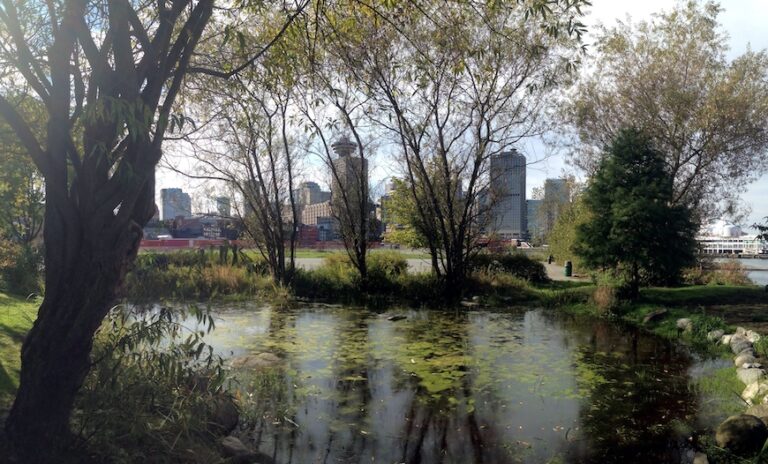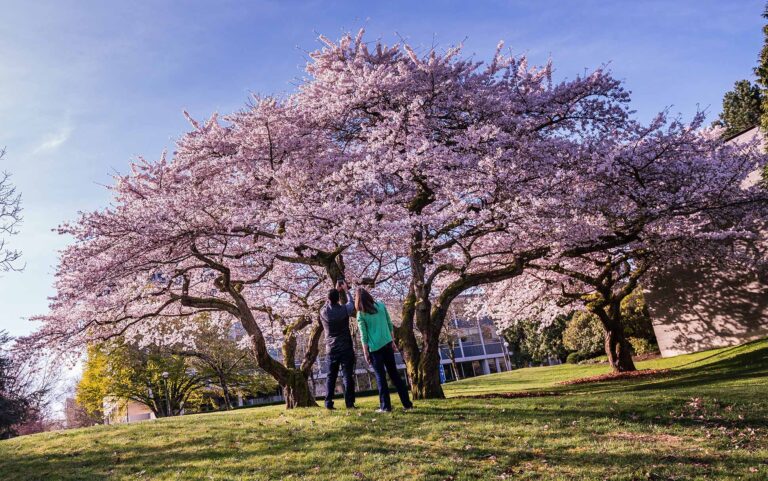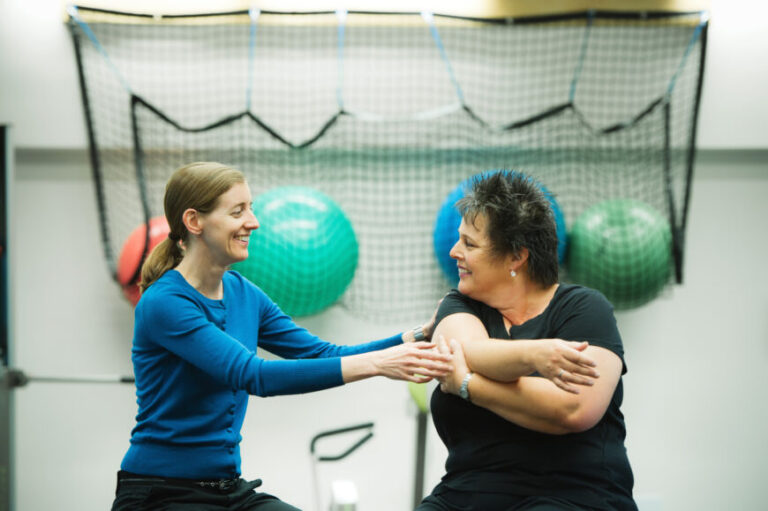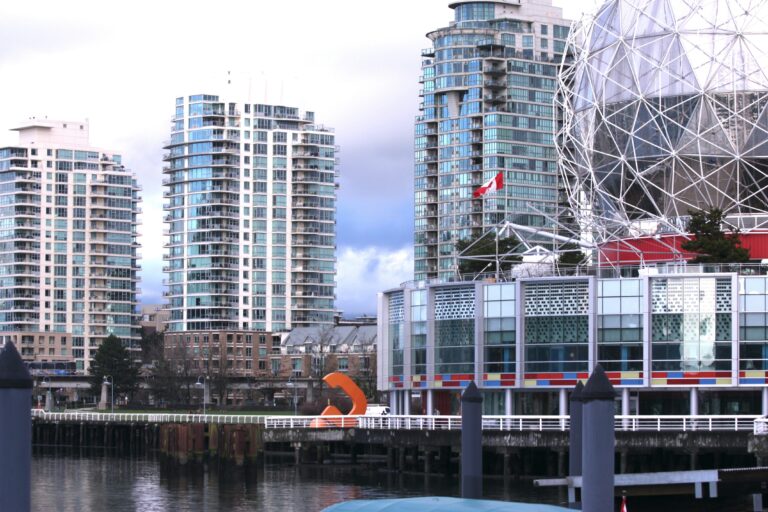-

Driving an electric car is cheaper in some parts of Canada than others
A new UBC study highlights how it’s cheaper in some regions than others to drive electric, making it more challenging for certain households to make the switch.
-

Young people at the centre of the toxic drug crisis
Dr. Danya Fast captures the experience of youth who use drugs in her new book, The Best Place: Addiction, Intervention, and Living and Dying Young in Vancouver.
-

UBC researchers launch clinical trial exploring CBD for bipolar depression
This is a first-of-its-kind clinical trial investigating the potential of cannabidiol (CBD) as a treatment for bipolar depression.
-

Dating in the digital age: How online dating changes our partner selection
According to a new UBC sociology study, the growing use of online dating websites, apps and chatrooms has an influence on the types of romantic partners Canadians choose.
-

Global contest aims to predict peak bloom dates for cherry blossoms
We spoke with Dr. Elizabeth Wolkovich at UBC Faculty of Forestry and her colleagues about why the competition is significant for both researchers and citizens.
-

How the international student cap affects immigration to Canada
We spoke to Dr. Lisa Brunner, a postdoctoral fellow at UBC’s Centre for Migration Studies, who studies the links between international migration and education.
-

How exercise can boost cancer treatment and recovery
A team of UBC researchers wants to help people living with cancer incorporate exercise as an important part of their treatment and recovery.
-

Flawed foreign ownership narratives drove ‘housing nationalism’ in Canada
In this Q&A, UBC sociologist Dr. Nathan Lauster and co-author Dr. Jens von Bergmann explain further the trend and reveals more surprising statistic.
-

UBC researchers advocate for sustainable logging to safeguard against global flood risks
They synthesized decades of hydrology studies and found that many “severely and consistently underestimated” the impact of forest cover on flood risk.



